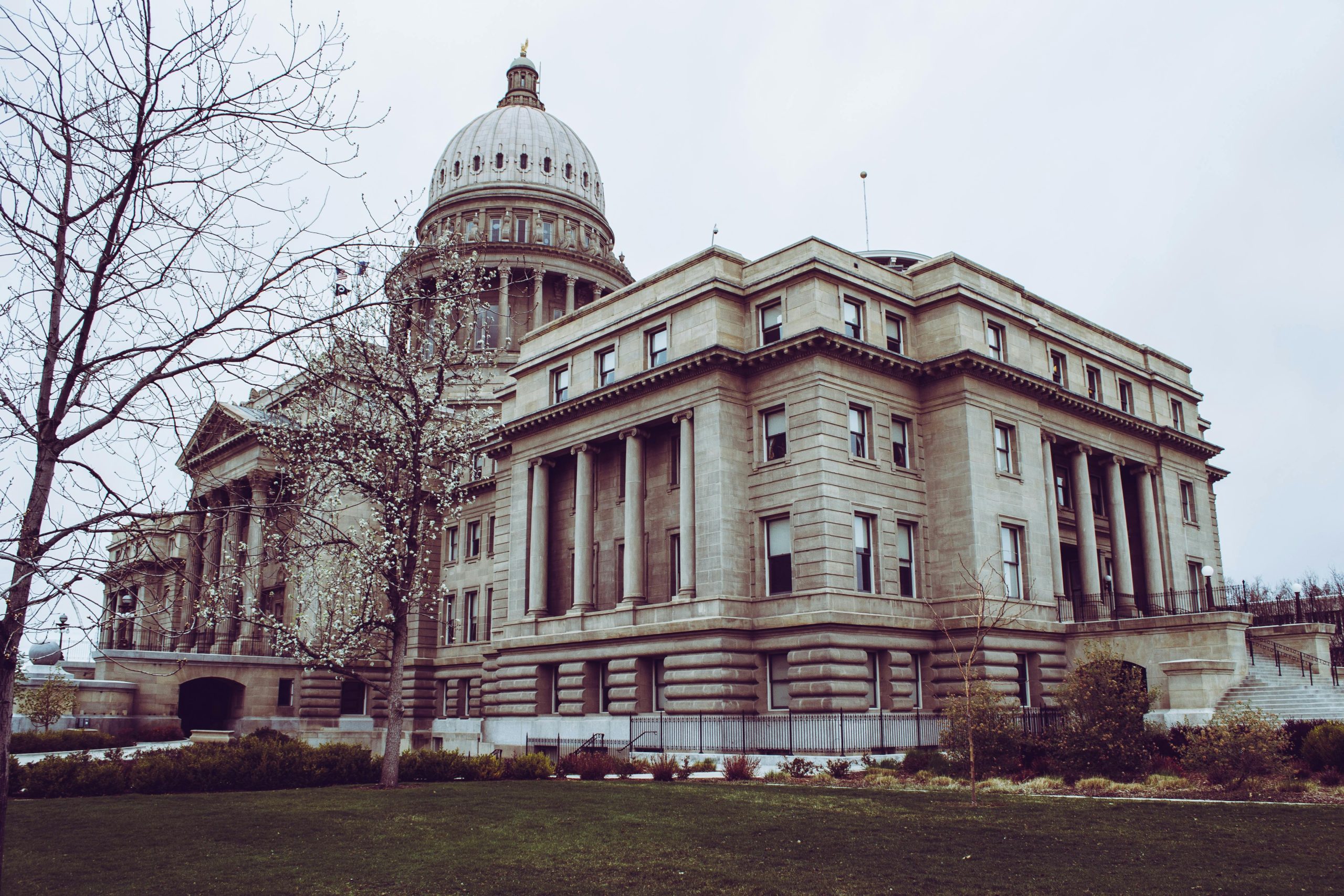Introduction
Jay Robert “J.B.” Pritzker, the 43rd Governor of Illinois, stands out not only for his substantial wealth but also for his unconventional approach to politics. As an heir to the Hyatt hotel fortune and a successful entrepreneur, Pritzker’s journey from business magnate to public servant offers a compelling narrative of leveraging private success for public good.
Early Life and Family Legacy
Born on January 19, 1965, in Atherton, California, J.B. Pritzker hails from one of America’s wealthiest families. The Pritzkers are renowned for owning the global Hyatt hotel chain, a venture initiated by J.B.’s uncle, Jay Pritzker, in 1957. This acquisition laid the foundation for the family’s expansive business empire.
Educational Background
Pritzker pursued higher education at Duke University, earning a bachelor’s degree. He furthered his studies by obtaining a Juris Doctor from Northwestern University School of Law. This academic foundation equipped him with the skills to navigate both legal and business landscapes effectively.
Entrepreneurial Ventures
Beyond his inherited wealth, Pritzker carved out his own niche in the business world. He co-founded the Pritzker Group, a private investment firm that manages a diverse portfolio, including middle-market service and industrial companies, as well as digital technology enterprises. His entrepreneurial spirit also led to the establishment of 1871, a nonprofit small business incubator based in Chicago, fostering innovation and supporting startups in the tech industry.
Political Ascent
Pritzker’s political ambitions became evident in 1998 when he ran for Illinois’ 9th Congressional District, though he did not secure the nomination. Undeterred, he continued his involvement in Democratic politics, culminating in his successful gubernatorial bid in 2018. His campaign emphasized progressive policies, including expanding healthcare access, enhancing educational opportunities, and advocating for a higher minimum wage.
Governorship and Policy Initiatives
Since taking office on January 14, 2019, Governor Pritzker has pursued an ambitious legislative agenda:
- Infrastructure Investment: He secured bipartisan support for “Rebuild Illinois,” the largest infrastructure program in the state’s history, aimed at modernizing transportation systems, schools, and broadband access.
- Climate Commitment: Pritzker committed Illinois to the U.S. Climate Alliance, aiming to reduce greenhouse gas emissions by over 26% by 2025, aligning the state with global environmental goals.
- Social Policies: A staunch advocate for reproductive rights, he signed an executive order expanding reproductive healthcare coverage for state employees and those on state health insurance. Additionally, he has been a vocal supporter of LGBTQ+ rights and has implemented measures to strengthen these protections within Illinois.
Defying Political Norms
Pritzker’s tenure is marked by actions that challenge traditional political practices:
- Self-Funding Campaigns: His immense personal wealth allowed him to self-finance his campaigns, reducing reliance on external donors and special interest groups. This financial independence has enabled him to prioritize policies aligned with his constituents’ needs without external pressures.
- Progressive Stance in a Divided Landscape: In an era where many affluent individuals align with conservative politics, Pritzker’s progressive agenda sets him apart. His advocacy for gun control, environmental sustainability, and social justice reflects a commitment to liberal values, challenging the stereotype of billionaire politicians.
- Conflict with Federal Policies: Pritzker has openly opposed certain federal directives, notably those from the Trump administration. In January 2025, he prohibited the hiring of individuals involved in the January 6 Capitol riot for state positions, emphasizing a commitment to democratic principles and ethical governance.
Philanthropy and Cultural Engagement
The Pritzker family’s influence extends beyond business and politics into cultural philanthropy. They have been instrumental in supporting artistic and educational institutions nationwide. Notably, Governor Pritzker played a pivotal role in bringing the Democratic National Convention to Chicago in 2024, showcasing the city’s cultural richness and reinforcing its political significance.
Future Prospects
Speculation surrounds Pritzker’s political future. With the gubernatorial election approaching in 2026 and discussions about a potential presidential run in 2028, his trajectory remains a focal point in national politics. His decisions in the coming years will significantly influence both Illinois and the broader Democratic landscape.
Conclusion
Governor J.B. Pritzker’s journey from a business magnate to a progressive political leader exemplifies a unique blend of wealth, influence, and a commitment to public service. By leveraging his resources for societal benefit and challenging conventional political norms, he has carved a distinctive path in American politics, reflecting the potential for transformative leadership rooted in both private enterprise and public responsibility.
(Source : newsbreak.com)


